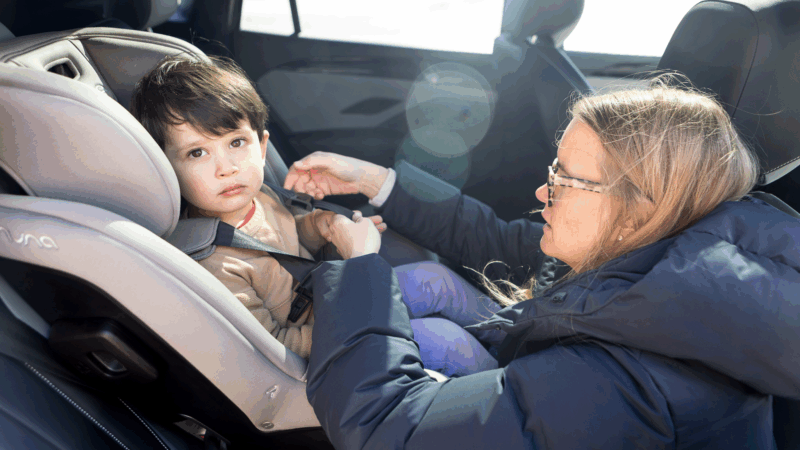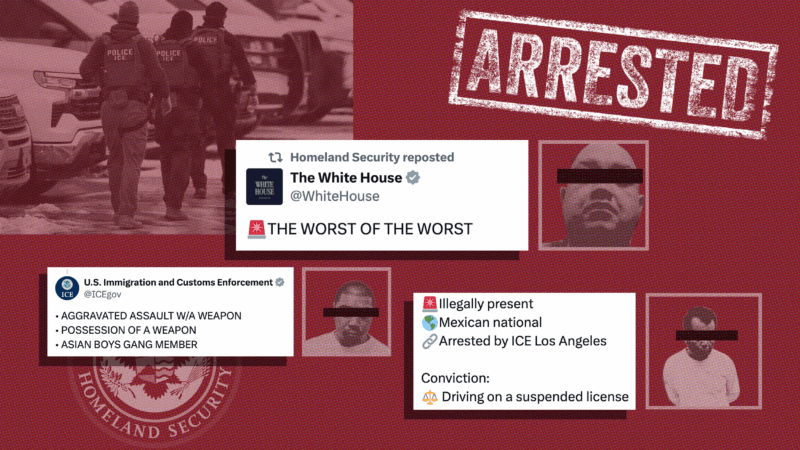Health Officer Recommends Virtual Classes For Middle And High Schools, No Contact Sports For Now
The Jefferson County health officer is recommending that boards of education in the county “strongly consider” setting up virtual learning for middle and high school students this coming school year and canceling or postponing contact sports.
Dr. Mark Wilson said that the spread of COVID-19 across the county is leading to increased numbers of new cases and hospitalizations, which are straining public health and local health care services.
As of Monday, Alabama has averaged 1,631 new cases of the virus and 27 deaths per day for the past week.
Jefferson County leads the state in new COVID cases. Monday, the state reported that Jefferson had 162 new cases, to increase its total cases to 10,420 and deaths to 203.
In a letter detailing guidelines for school officials, Wilson said in-person instruction for pre-K through fifth or sixth grade could be done if certain procedures are carried out. He recommended only virtual learning for middle and high school classes for the first nine weeks of the school year.
“With the current level of viral spread and disease in the community, there is a considerable chance that the virus will occur among students and school staff,’ Wilson said. “If classes are not stringently isolated from one another, whole schools may end up having to close.”
Birmingham City Schools is among several schools in the state that have announced they will offer only virtual learning the first nine weeks.
Wilson said he was not contradicting the state Department of Education’s “Roadmap to Reopening Schools” or the state Health Department, “but rather to supplement them based on current conditions in Jefferson County.”
Wilson pointed out the American Academy of Pediatrics’ emphasis on the benefits of children being in school included a codicil that “schools in areas with high levels of COVID-19 community spread should not be compelled to reopen against the judgment of local experts.
The Centers for Disease Control and Prevention echoed the same psychological benefits for students being in school, but added, “If community transmission levels cannot be decreased, school closure is an important consideration.”
Wilson’s guidelines for grades pre-K through fifth or sixth grades include:
- Offering virtual instruction to reduce the number of students at schools
- Isolating classes as much as possible
- Keeping strict social distancing of three to six feet at all times
- Requiring all teachers and students to wear masks. He also said face shields should not be used unless needed for extra protection in close-contact situations.
- Students should be screened each day by parents and guardians, and school personnel should screen themselves.
A Korean study released July 16 by the CDC found children and teens ages 10-19 are more likely to spread the virus than children under age 10.
Wilson recommended that if school officials open middle and high schools, they should decrease the number of students with virtual learning or a hybrid schedule for in-person learning so that only half the students would be at school at the same time.
He also recommended school officials have a well-developed plan for Day 1 of classes with the same control measures for primary schools, but to mandate social distancing of six feet.
The guidelines also urge school officials to monitor the mental health of all students, whether using virtual or in-class learning, and to consider creative ways to hold extracurricular activities.
Wilson also urged middle and high school officials to cancel or postpone contact sports, such as football, until there is a decrease in the spread of the virus in the community. “Close contact sports pose an increased risk of spreading COVID,” the guidelines state. He said non-contact sports should be encouraged if all safety precautions can be met.
Wilson’s recommendation was endorsed by 18 pediatricians in the county.
Parents, are you sure your kid’s car seat is installed right? Here’s how to know
In this visual guide, certified car seat experts walk through common installation mistakes and how to fix them. Learn what a secure car seat base and a tightly fastened tether look like and more.
Trump announces ‘major combat operations’ in Iran
Israel and the U.S. have launched strikes against Iran, with explosions reported in Tehran and air raid sirens sounding across Israel.
Trump says he is ‘not happy’ with the Iran nuclear talks but indicates he’ll give them more time
U.S. President Donald Trump said Friday he's "not happy" with the latest talks over Iran's nuclear program but indicated he would give negotiators more time to reach a deal to avert another war in the Middle East.
Bill Clinton says he ‘did nothing wrong’ with Epstein as he faced grilling over their relationship
Former President Bill Clinton told members of Congress on Friday that he "did nothing wrong" in his relationship with Jeffrey Epstein and saw no signs of Epstein's sexual abuse as he faced hours of grilling from lawmakers over his connections to the disgraced financier from more than two decades ago.
How the federal government is painting immigrants as criminals on social media
Experts say this kind of media campaign is unprecedented and paints a distorted picture of immigrants and crime
Pentagon puts Scouts ‘on notice’ over DEI and girl-centered policies
After threatening to sever ties with the organization formerly known as the Boy Scouts, Defense Secretary Hegseth announced a 6-month reprieve







